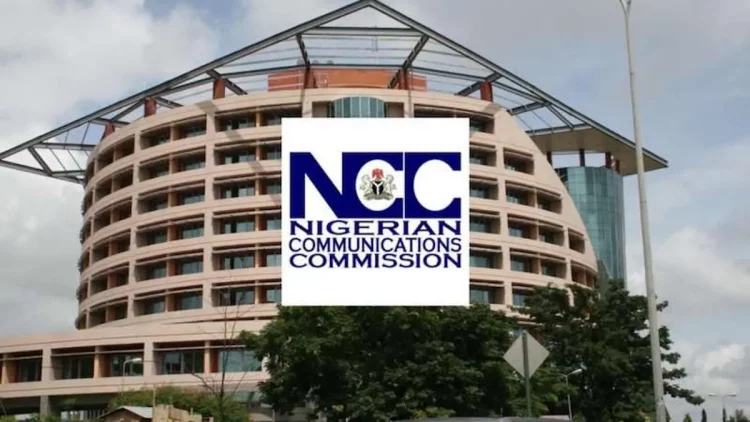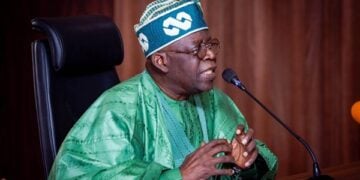The Nigerian Communications Commission (NCC) has launched a 3-day digital skills training programme for women in Zamfara State to bridge the digital divide and empower women with the tools they need to thrive in today’s digital world.
The programme, which took place at the Zamfara State Government House in Gusau from August 12 to 14, was designed to equip women with the knowledge, confidence and tools needed to grow, compete and succeed in the digital economy.
In his keynote address, the executive vice chairman of NCC, Dr. Aminu Maida, represented by Malam Abubakar Kurfi, highlighted the wide gaps in access to digital knowledge, particularly among women in rural areas.
He noted that only 30 percent of women in Nigeria has basic digital skills, compared to over 50 percent of men, and assured participants that each would receive an Android smartphone and a certificate of completion upon completing the training.
Head, Digital Skills and Services at NCC, Hajiya Hauwa Wakili, emphasised that the training aims to empower women on digital literacy and skills, aligning with President Tinubu’s initiative to enhance the digital economy.
She urged participants to break barriers in digital literacy skills and thanked the Zamfara State government and other stakeholders for their support.
The executive secretary of Zamfara State Information Technology Development Agency (ZITDA), Dr. Habib Abubakar Gajam thanked NCC for the training and promised that ZITDA would monitor the participants’ progress.
The commissioner for Women Affairs and Social Development, Dr. Nafisa Muhammed Maradun, who was represented by the Permanent Secretary, Barrister Suwaiba Ibrahim Barau, expressed gratitude to NCC and requested further partnerships to move Zamfara State digitally forward.
Participants, including Maryam Ibrahim Mungode, expressed their appreciation for the opportunity, citing new skills acquired in areas like cybersecurity, digital marketing, and content creation.
The programme is expected to have a lasting impact on the lives of the participants and contribute to the development of the state.











